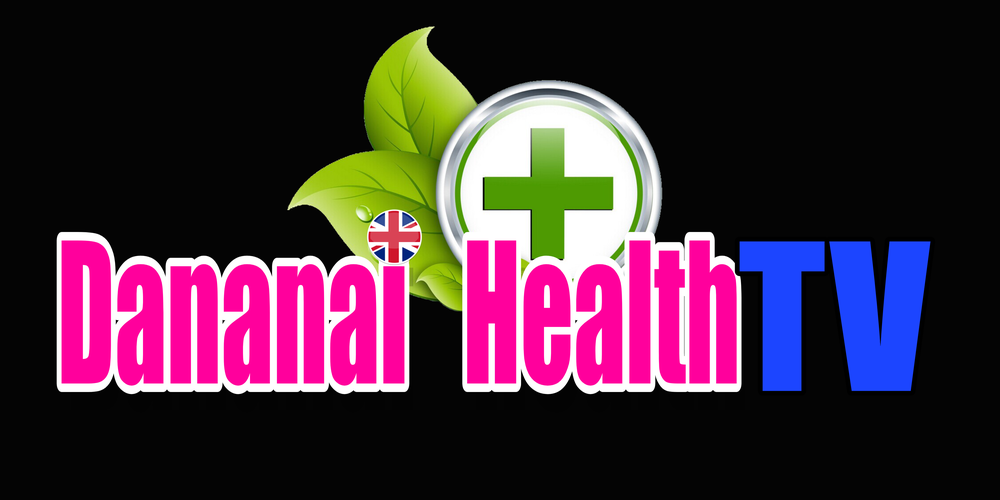A Guide to Controlling High Blood Pressure Naturally
High blood pressure, or hypertension, is a common health issue that can lead to serious complications if left unmanaged. While medication is often necessary, there are several natural methods to help control blood pressure effectively. This guide will explore lifestyle changes and natural remedies that can support healthy blood pressure levels.
1. Adopt a Heart-Healthy Diet
Focus on the DASH Diet
The Dietary Approaches to Stop Hypertension (DASH) diet is specifically designed to help lower blood pressure. It emphasizes:
- Fruits and Vegetables: Aim for 4-5 servings each per day. These foods are rich in potassium, which helps balance sodium levels in the body.
- Whole Grains: Include whole grains like oats, brown rice, and whole wheat bread to provide fiber and nutrients.
- Lean Proteins: Opt for lean meats, fish, and plant-based proteins such as beans and legumes.
- Low-Fat Dairy: Incorporate low-fat or fat-free dairy products.
- Nuts and Seeds: These provide healthy fats and magnesium, which can help lower blood pressure.

Reduce Sodium Intake
Excess sodium can increase blood pressure. Limit sodium intake to 1,500 mg per day or less. Avoid processed foods, canned soups, and salty snacks. Instead, use herbs and spices to flavor your meals.
2. Maintain a Healthy Weight
Being overweight or obese increases the risk of hypertension. Even a small reduction in weight can have a significant impact on blood pressure. Aim for a body mass index (BMI) between 18.5 and 24.9. Combine a healthy diet with regular physical activity to achieve and maintain a healthy weight.
3. Exercise Regularly
Physical activity strengthens the heart, enabling it to pump blood with less effort. Aim for at least 150 minutes of moderate-intensity exercise per week, such as:
- Brisk Walking
- Cycling
- Swimming
- Aerobic Exercises
Incorporate muscle-strengthening activities on two or more days a week for additional benefits.
4. Limit Alcohol and Quit Smoking
Alcohol
While moderate alcohol consumption can have some health benefits, excessive drinking raises blood pressure. Limit alcohol intake to:
- Men: No more than two drinks per day
- Women: No more than one drink per day
Smoking
Smoking damages blood vessels and raises blood pressure. Quitting smoking improves overall cardiovascular health and lowers hypertension risk.
5. Manage Stress
Chronic stress can contribute to high blood pressure. Techniques to manage stress include:
- Meditation and Deep Breathing: Practices like mindfulness meditation and deep breathing exercises can reduce stress and lower blood pressure.
- Yoga and Tai Chi: These practices combine physical movement with breathing techniques and meditation, which can help lower stress levels.
- Adequate Sleep: Aim for 7-9 hours of sleep per night to help manage stress and maintain overall health.
6. Increase Potassium and Magnesium Intake
Both potassium and magnesium help regulate blood pressure. Foods rich in these minerals include:
- Potassium: Bananas, oranges, sweet potatoes, spinach, and avocados.
- Magnesium: Nuts, seeds, whole grains, leafy green vegetables, and fish.
7. Reduce Caffeine Intake
Caffeine can cause short-term spikes in blood pressure. Limit intake to 200-300 mg per day (about two to three cups of coffee). Monitor your blood pressure response to caffeine and adjust accordingly.
8. Herbal Remedies and Supplements
Certain herbs and supplements may help lower blood pressure. Always consult with a healthcare provider before starting any new supplement. Examples include:
- Garlic: Can improve blood circulation and reduce pressure.
- Hibiscus Tea: Contains antioxidants that may help lower blood pressure.
- Omega-3 Fatty Acids: Found in fish oil, these can reduce inflammation and blood pressure.
9. Monitor Blood Pressure Regularly
Regular monitoring can help track your progress and identify any potential issues early. Home blood pressure monitors are widely available and easy to use.

10. Stay Hydrated
Adequate hydration is essential for maintaining healthy blood pressure. Aim to drink at least 8 cups (64 ounces) of water per day.
Conclusion
Controlling high blood pressure naturally involves a combination of dietary changes, regular exercise, weight management, stress reduction, and other lifestyle modifications. These natural methods can complement medical treatments and contribute to overall heart health. Always consult with a healthcare provider before making significant changes to your health regimen.








